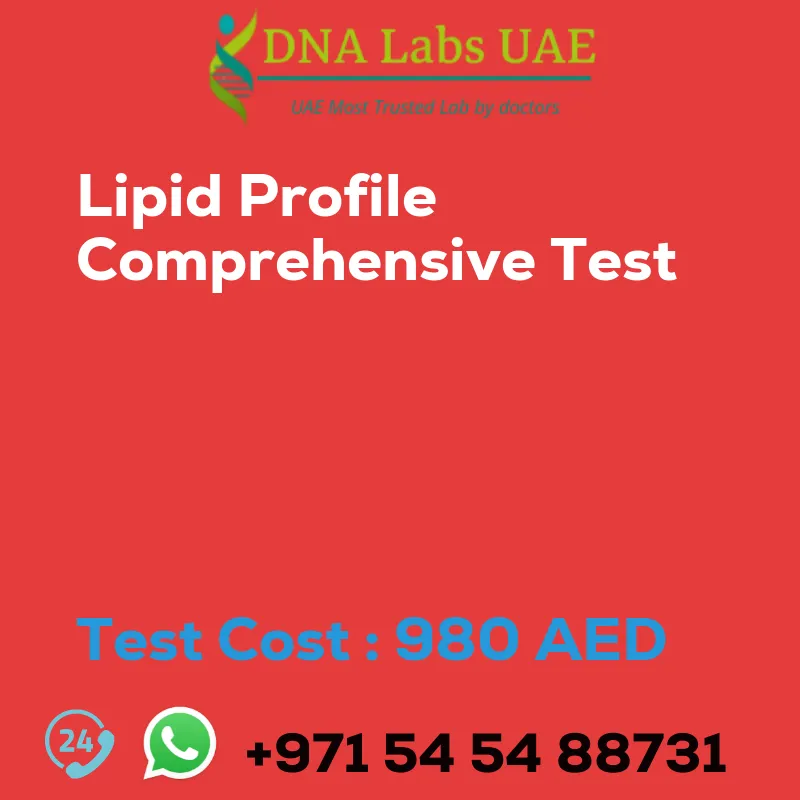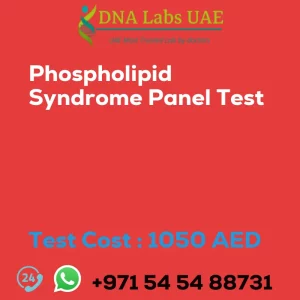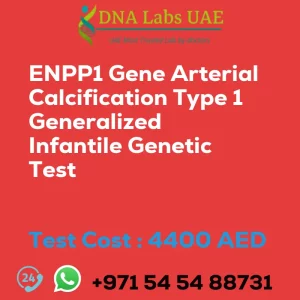LIPID PROFILE COMPREHENSIVE Test
Components:
- Apolipoproteins A1, B & Ratio
- Lipoprotein (a)
- Cholesterol
- Triglycerides
- LDL
- HDL
- Cholesterol / HDL Ratio
- Non HDL Cholesterol
- Homocysteine
- Fibrinogen
- Cardio CRP
Price: 980.0 AED
Sample Condition:
- 4 mL (2 mL min.) serum from 2 SST’s. Ship refrigerated. DO NOT FREEZE
- 2 mL (1.5 mL min.) Platelet Poor Plasma (PPP) from 1 Blue Top (Sodium Citrate) tube. Prepare PPP within 1 hour of collection as follows: Centrifuge sample at 3600 rpm for 15 min. & transfer supernatant to a clean plastic tube. Centrifuge this supernatant again at 3600 rpm for 15 mins. & finally transfer the supernatant (PPP) to 1 labelled, clean plastic screw capped vial. FREEZE IMMEDIATELY. Ship frozen. DO NOT THAW.
Report Delivery: SampleMon through Sat by 4 pm; Report Same day
Method: Spectrophotometry, CMIA, Imunoturbidimetry, Photo optical clot detection
Test type: Heart diseases
Doctor: Cardiologist, Physician
Test Department:
Pre Test Information:
- Minimum 12 hours fasting is mandatory.
- Duly filled Coagulation Requisition Form (Form 15) is mandatory.
Test Details:
A lipid profile comprehensive test is a blood test that measures the levels of various lipids (fats) in the blood. It provides information about an individual’s cholesterol levels, including total cholesterol, LDL cholesterol (often referred to as “bad” cholesterol), HDL cholesterol (often referred to as “good” cholesterol), and triglycerides. The test is used to assess an individual’s risk for developing heart disease and to monitor the effectiveness of lipid-lowering medications or lifestyle changes. Abnormal lipid levels can contribute to the development of atherosclerosis (hardening and narrowing of the arteries), which can lead to heart attacks and strokes. The test is typically performed after a 9 to 12-hour fasting period, as it provides the most accurate results. Results are typically reported as numerical values, and healthcare providers use these values to determine if further action is needed to manage an individual’s lipid levels. A lipid profile comprehensive test is an important tool in assessing cardiovascular health and is often recommended as part of routine health screenings. It is especially important for individuals with risk factors for heart disease, such as high blood pressure, diabetes, obesity, or a family history of heart disease.
| Test Name | LIPID PROFILE COMPREHENSIVE Test |
|---|---|
| Components | *Apolipoproteins A1, B & Ratio *Lipoprotein (a)*Cholesterol *Triglycerides*LDL*HDL *Cholesterol / HDL Ratio*Non HDL Cholesterol*Homocysteine *Fibrinogen*Cardio CRP |
| Price | 980.0 AED |
| Sample Condition | 4 mL (2 mL min.) serum from 2 SST’s. Ship refrigerated. DO NOT FREEZE AND 2 mL (1.5 mL min.) Platelet Poor Plasma (PPP) from 1 Blue Top (Sodium Citrate) tube. Prepare PPP within 1 hour of collection as follows: Centrifuge sample at 3600 rpm for 15 min. & transfer supernatant to a clean plastic tube. Centrifuge this supernatant again at 3600 rpm for 15 mins. & finally transfer the supernatant (PPP) to 1 labelled, clean plastic screw capped vial. FREEZE IMMEDIATELY. Ship frozen. DO NOT THAW. Duly filled Coagulation Requisition Form (Form 15) is mandatory. Grossly hemolysed samples are not acceptable. Minimum 12 hours fasting is mandatory. |
| Report Delivery | SampleMon through Satby 4 pm; Report Same day |
| Method | Spectrophotometry, CMIA , Imunoturbidimetry, Photo optical clot detection |
| Test type | Heart diseases |
| Doctor | Cardiologist, Physician |
| Test Department: | |
| Pre Test Information | Minimum 12 hours fasting is mandatory. Duly filled Coagulation Requisition Form (Form 15) is mandatory. |
| Test Details |
A lipid profile comprehensive test is a blood test that measures the levels of various lipids (fats) in the blood. It provides information about an individual’s cholesterol levels, including total cholesterol, LDL cholesterol (often referred to as “bad” cholesterol), HDL cholesterol (often referred to as “good” cholesterol), and triglycerides. The test is used to assess an individual’s risk for developing heart disease and to monitor the effectiveness of lipid-lowering medications or lifestyle changes. Abnormal lipid levels can contribute to the development of atherosclerosis (hardening and narrowing of the arteries), which can lead to heart attacks and strokes. The test is typically performed after a 9 to 12-hour fasting period, as it provides the most accurate results. Results are typically reported as numerical values, and healthcare providers use these values to determine if further action is needed to manage an individual’s lipid levels. A lipid profile comprehensive test is an important tool in assessing cardiovascular health and is often recommended as part of routine health screenings. It is especially important for individuals with risk factors for heart disease, such as high blood pressure, diabetes, obesity, or a family history of heart disease. |







